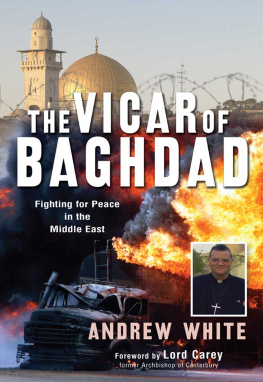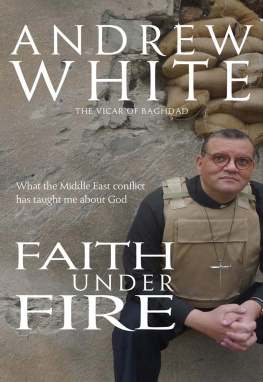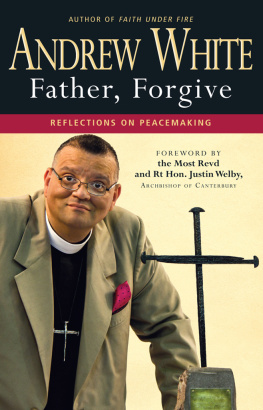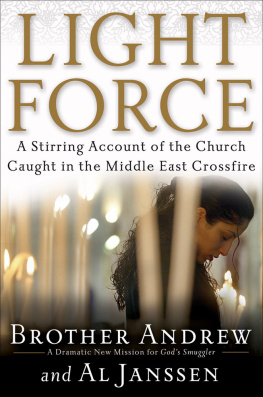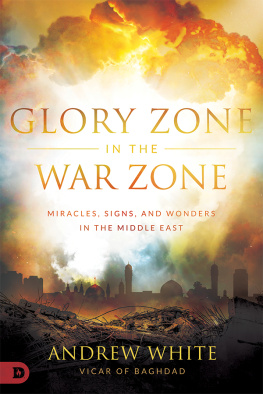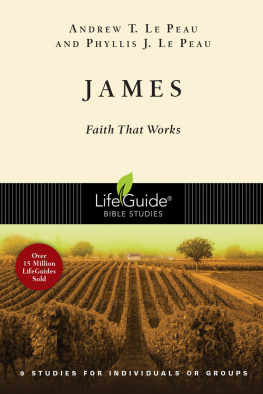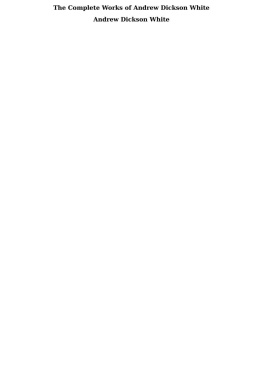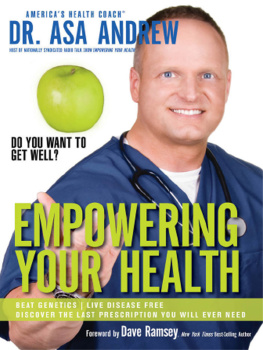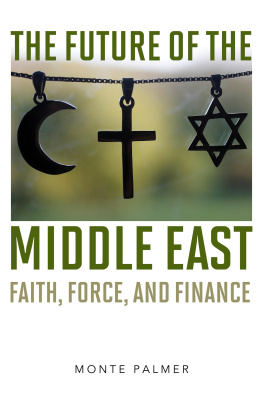The right of Andrew White to be identified as author of this work has been asserted by him in accordance with the Copyright, Designs and Patents Act 1988.
All rights reserved. No part of this publication may be reproduced or transmitted in any form or by any means, electronic or mechanical, including photocopy, recording or any information storage and retrieval system, without permission in writing from the publisher.
Reprinted 2009 (twice), 2010 (twice), 2011.
First electronic edition 2011.
Unless otherwise stated, Scripture quotations are taken from the Holy Bible, New International Version, 1973, 1978, 1984 by the International Bible Society. Used by permission of Hodder & Stoughton Ltd. All rights reserved.
Cover image: Corbis.
D EDICATION
T O :
A L , A LAN , J ASON , J ASON AND P ETER
AND ALL MY FRIENDS AT G ARDA W ORLD :
J EFF , F RANK , J OHN , M ARTIN AND T ANK ,
THE OPS MANAGERS , AND OUR HQ TEAM :
D EL , M ICK , B ADGER , M ARTIN , S EAN , N ORRIE ,
R OLLIE AND T AFF AND N ATALIE ,
THE INTERNATIONAL DIRECTOR .
C ONTENTS
A CKNOWLEDGEMENTS
This book is about fighting for peace on the front line in some of the most difficult places in the world. It has itself been very difficult to write and edit. Here in Baghdad we do not even have proper internet access, but my editor, Huw Spanner, has persevered to the end and I would like to begin by thanking him.
Then, I would like to thank two of my closest co-workers for peace, both politicians, both men of faith, one a Jew and one a Muslim. Without Rabbi Michael Melchior in Israel and Dr Mowaffak al-Rubaie here in Iraq, there would have been no story to tell.
I would also like to thank all my staff, and especially those who are with me on the front line: in Iraq, the other two corners of the Triangle, Samir Raheem al-Soodani and Essam al-Saadi, and in Israel/Palestine Hanna Ishaq.
I thank all my staff in Britain, my trustees and my two boards of advisers, on both sides of the Atlantic; but especially Rosie Watt, my project officer, who has overseen the writing of this book.
Everybody mentioned in these pages is part of the story and I thank them all. We pray that indeed, one day, peace and reconciliation will come to this region of the world.
Baghdad, 10 October 2008
F OREWORD
During my years at Canterbury I had the privilege of working with Andrew White on a number of occasions. A very special memory stands out when he enlisted my support to bring together the religious leaders of the Middle East region, in order to sign what would become The First Alexandria Declaration of the Religious Leaders of the Holy Land a momentous document which owed a great deal to Andrews tireless diplomacy.
Andrew is, truly, one of the most remarkable men I have ever encountered. With intelligence and exuberant energy, allied to a profound personal faith, he would be a force to be reckoned with in any walk of life. But what sets him apart is his capacity to love, and be loved. Children trust him. Crusty old clerics trust him. His staff esteem him. His words, often blunt, are always laced with humour and affection. If one gift above all sets him apart, it is that he is gifted in friendship.
The importance of this book is what it says about the centrality of religion in any discussion of the Middle East. In the secularized West politicians, diplomats and soldiers tend to discount, or underestimate, the importance of faith, but in countries like Iraq it simply cannot be ignored. Andrew White is trusted where few others can win confidence. A man of faith can speak to men of faith.
I wholeheartedly commend this book to your attention. It is an inspirational read.
L ORD C AREY OF C LIFTON
(103rd Archbishop of Canterbury)
I NTRODUCTION
A Quite Unexpected Theatre
W HEN I WAS YOUNG , I certainly had no intention of working in the Middle East. I remember when I was ten telling my teacher I wanted to work in anaesthetics and be a priest. She told me I could only do one thing and I was a Baptist and they didnt have priests. I had already read my first book on anaesthetics I was a very strange child and by the time I had finished my schooling seven years later my one desire was to go to St Thomas Hospital in London and train as an operating department practitioner.
And so I did, and I loved every minute of it. I had no desire ever to leave the medical world to me it proved to be more wonderful than I had even imagined. But then, late one night, while I was on call for cardiac arrests, I went to pray in the hospital grounds, looking across the river Thames towards Big Ben. I had only recently qualified and I remember thanking God for all he had enabled me to achieve passing my exams with distinction and getting the job I had always wanted at the hospital Id always wanted to work at. I thought I should ask what I ought to do next I hoped the Almighty would want me to just carry on with what I was doing. To my utter amazement, however, I felt very clearly that I was being called to go into the church in fact, the Church of England.
I had no wish to be ordained, but I went to see Sir Nicholas Rivett-Carnac, the vicar of St Marks, Kennington, the Anglican church that, like many of the hospital staff, I attended. He was one of the gentlest, wisest and most Spirit-filled men I have ever met, and he encouraged me. In due course, I embarked on the slow process that leads to ordination and to my surprise found that things moved rather quickly. I also came to experience the glory of God as I never had done before. St Marks was so alive, and so was the Christian Union at St Thomas. When I went into the operating theatre early in the morning, the sense of Gods presence was so real that often I felt I was in heaven. I spent my days singing his praises. As the weeks went by, my desire to go into the church increased almost by the hour and it wasnt long before all I wanted in life was to be ordained and serve God full-time. Eventually, I went to Ridley Hall, Cambridge and started my training for the Anglican ministry.
I didnt find my theological education easy. Spiritually, I would describe it as something of a wilderness experience. Certainly, it was a good deal harder than my previous training at St Thomas at least, until I started studying Judaism under the inspirational professor Nicholas de Lange. This was a subject I felt passionate about. It had fascinated me ever since I was a child: my father had often talked to me about it, and it related to international affairs that had interested and enthused me since my last two years at school. The head of those years, Michael Amos, was one of the most inspiring people I have ever met. Not only did he teach me politics and economics, I would spend my lunch breaks in his study while he went through the serious newspapers with us and talked to us about the world. (I wasnt surprised when, many years later, his daughter became Leader of the House of Lords. In November 2007, when I was awarded the Woolf Institutes Pursuer of Peace Award at the Middle Temple in London, to my delight it was Baroness Amos who presented it to me, and in the presence of her father.)

